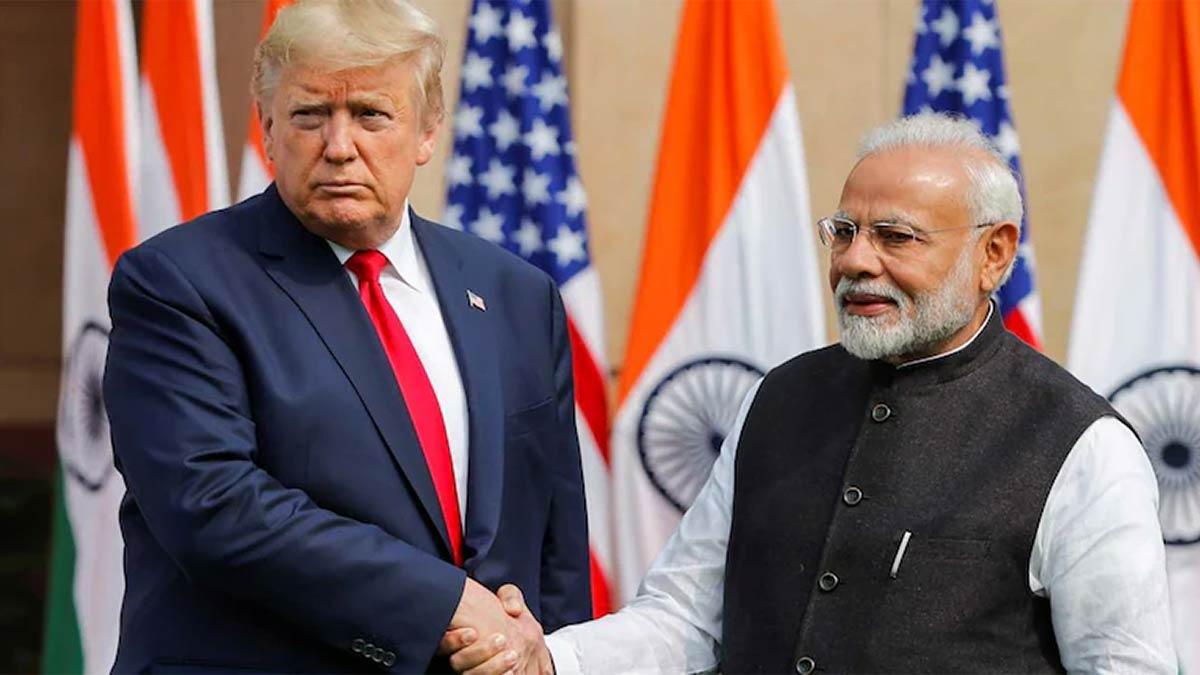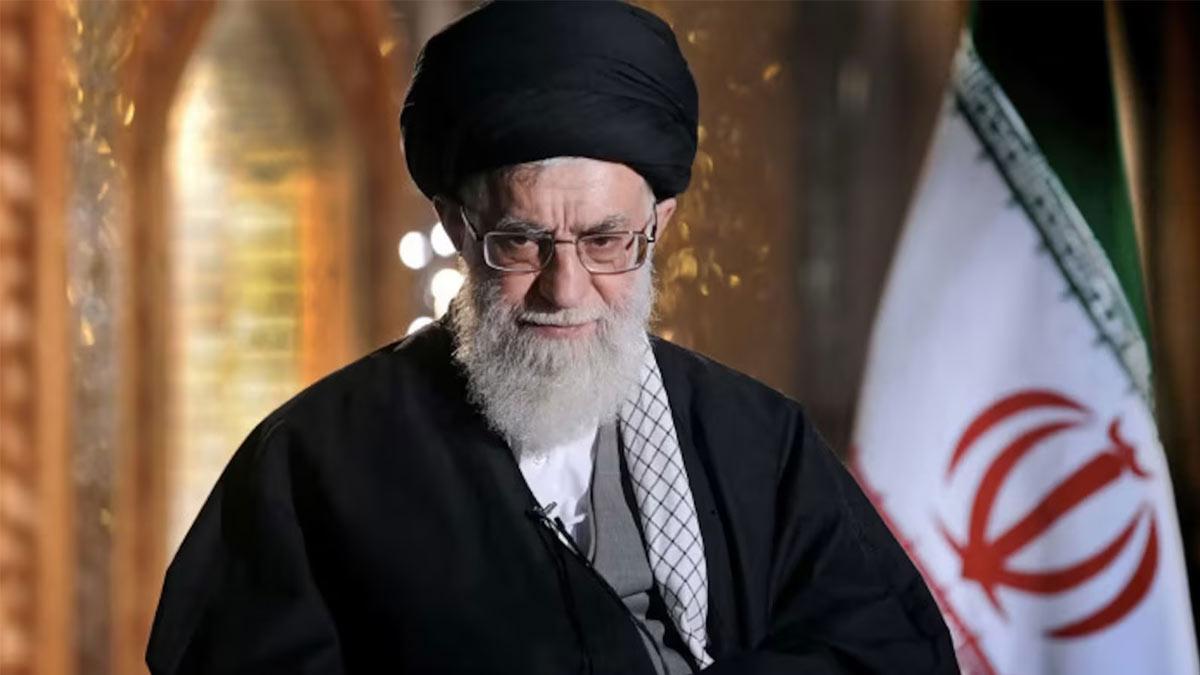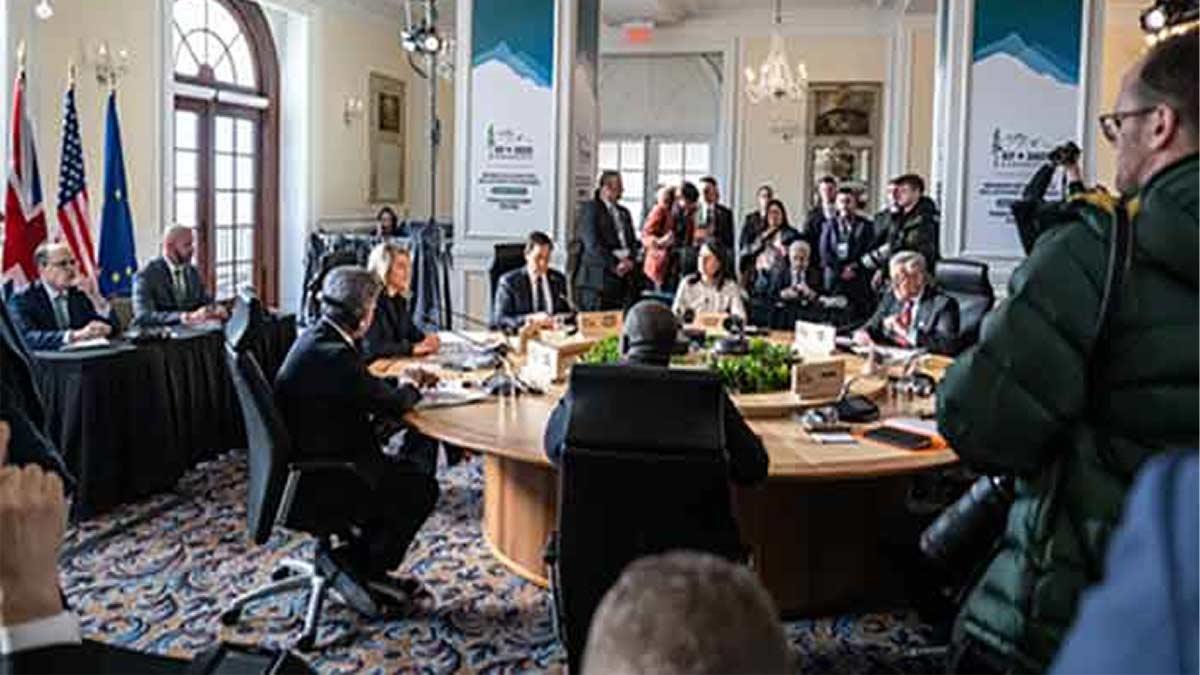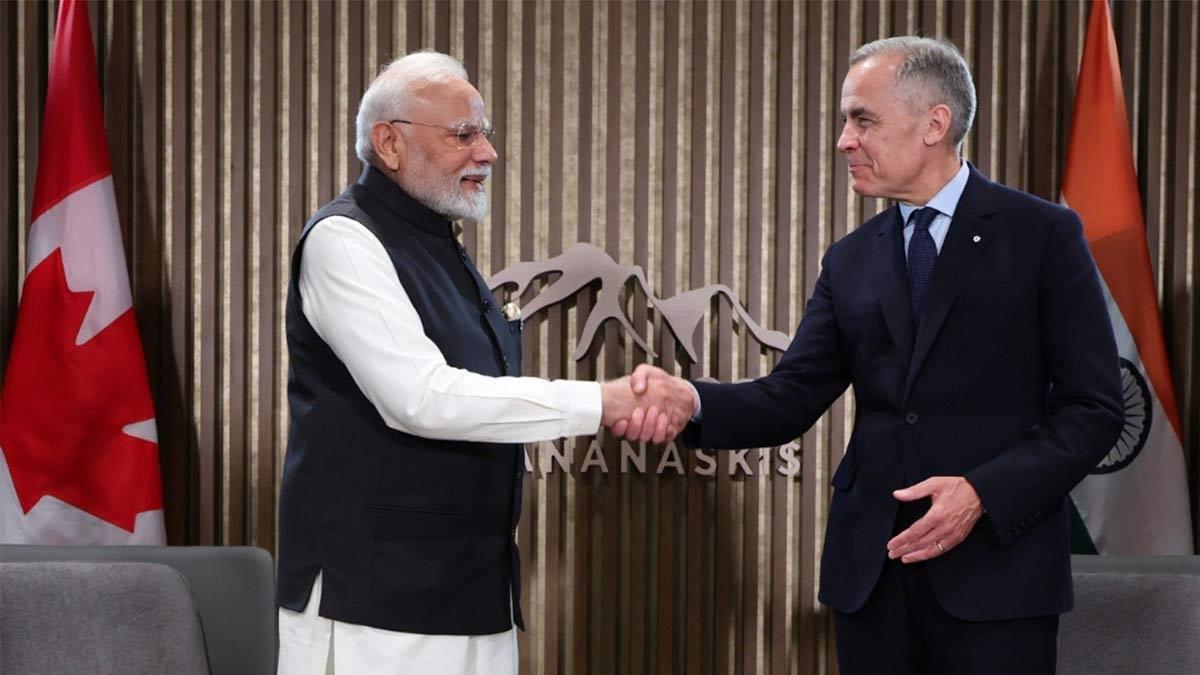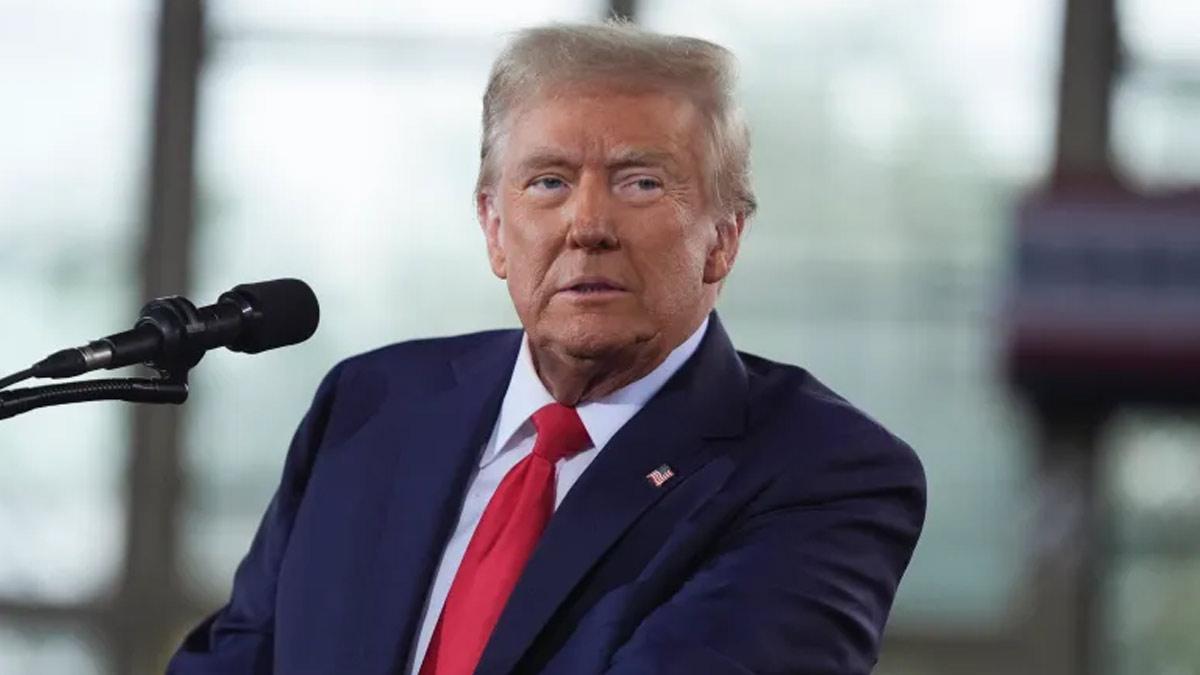Prime Minister Narendra Modi categorically told US President Donald Trump on Wednesday that the end of hostilities between India and Pakistan in May was due to direct military talks between the two countries and not through any third party. The remark was a correction to repeated assertions by Trump that America had brokered the ceasefire.
The problem was raised in a 35-minute phone call made by Trump after the two leaders failed to sit down together at the G7 Summit in Canada because of the US President's early departure, Foreign Secretary Vikram Misri said.
Throughout the conversation, Prime Minister Modi unequivocally said, "India never accepted mediation, does not and will never do so." Misri, quoting Hindi, stated Modi explained that the short but intense violence between May 7 and 10 had nothing to do with any of the discussions between the US, whether mediation or trade agreements. These issues were not discussed "at no time [or] at any level."
On May 10, Trump had already gone public that combat between India and Pakistan had stopped and an official US message hinted the US had brokered the ceasefire. Trump has since made the claim dozens of times, maintaining he acted by threatening trade penalties to both countries.
This was the first public articulation by Modi of his view on the subject. Previously, only Indian officials had rebuffed allegations of US involvement in stopping military action. The fighting came after India initiated Operation Sindoor on May 7 against terrorist facilities across the Line of Control in retaliation for the April 22 Pahalgam terror attack that claimed the lives of 26 civilians.
The military action between May 7 and 10 had been increasing speedily with the employment of drones, long-range missiles, and aerial attacks against the other's military installations. The decision to suspend these hostilities had been arrived at via correspondence between the two countries' Directors General of Military Operations (DGMOs), but India has not called the result a ceasefire and Operation Sindoor is still ongoing.
Misri clarified that while a meeting between Trump and Modi had been scheduled at the G7, it was not possible because of schedule changes. "Later, on the request of President Trump, the two leaders had a telephonic conversation today," he added.
It was their first talk since Trump had phoned Modi to convey condolences and solidarity following the April terror strike in Pahalgam. On Wednesday's call, Modi explained India's moves during Operation Sindoor by saying that the nation had made its resolve to act firmly against terror clear. On May 7, Indian action militarily targeted terrorist camps both within Pakistan and Pakistan-occupied Kashmir. "India's response was well calibrated, specific, and non-escalatory," Misri added.
He had pointed out that India had threatened severe reprisal against any more aggression by Pakistan. On the evening of May 9, US Vice President JD Vance had telephoned Modi, threatening a large-scale Pakistani attack. Bluntly, Modi replied: "If this occurs, India will make an even greater response to Pakistan."
India actually mounted a major counterattack after the Pakistani attack that evening, causing widespread damage and reportedly crippling Pakistani airfields. Misri again said, "Because of India's firm response, Pakistan had to ask India to cease military operations."
Modi once again reiterated to Trump that no trade talks ever happened regarding a US-brokered ceasefire in the context of the military skirmishes. "It was between India and Pakistan, directly between the two armies' existing channels, that the decision to stop the military action was taken at the Pakistanis' request," Misri stated. He again emphasized, "There is total political consensus in India on this point."
According to Misri, Trump acknowledged Modi’s explanations and expressed continued support for India’s anti-terror efforts. Modi informed him that India now treats terrorism as conventional warfare rather than a proxy threat, reaffirming that Operation Sindoor is ongoing.
Trump had offered to see Modi on his way back from Canada, but the Indian Prime Minister was unable to do so because of some earlier commitments. He then went to Croatia for the last stage of his tour of the three countries.
In the future, both leaders offered to meet soon. They also talked about larger geopolitical concerns such as the conflict between Israel and Iran, the Ukraine war, and Indo-Pacific regional security.
Both Modi and Trump reaffirmed their solidarity with the Quad alliance and its contribution to ensuring peace in the region. Modi formally invited Trump to visit India for the next Quad Leaders' Summit, which the US President accepted. The two leaders are likely to attend the summit sometime later this year.
Read also| Government Unveils Inquiry into Child Abuse Rings Linked to Pakistani-Origin Gangs

